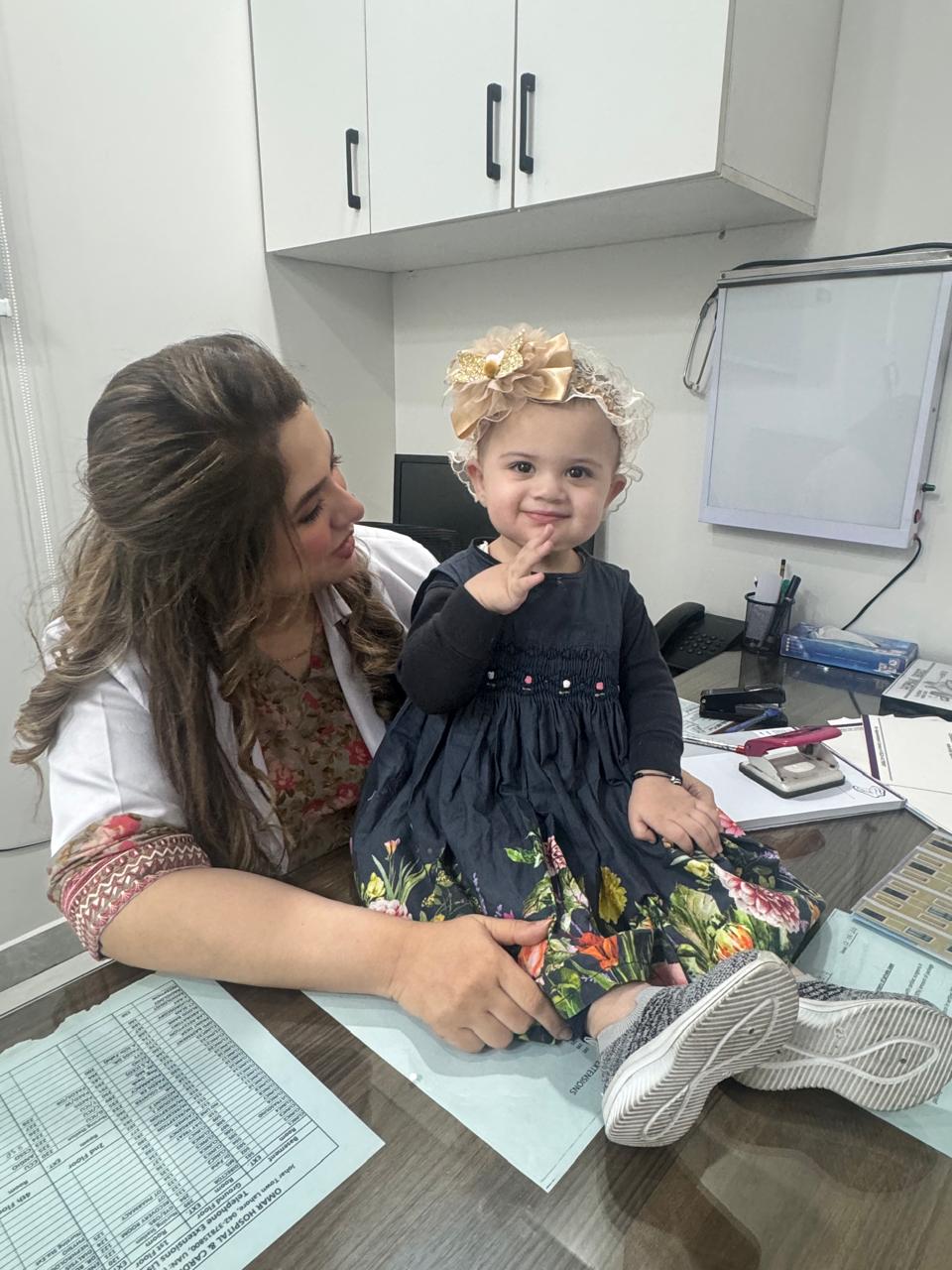🌿 Mental Health in Marriage & Motherhood: A Comprehensive Guide to Emotional Wellness
Marriage and motherhood are profound life experiences that bring joy, fulfillment, and meaning. However, they also come with emotional challenges, hormonal shifts, and social pressures that can deeply impact a woman’s mental health. Understanding these complexities is essential—not just for mothers, but also for families, healthcare providers, and society as a whole.
In this guide, we’ll explore the mental health challenges women face in marriage and motherhood, practical coping strategies, and how early support can make a life-changing difference.
🌸 The Emotional Landscape of Marriage and Motherhood
While the image of a happy family life is often idealized, the reality can be much more complex. In fact, many women silently suffer from mental stress, often due to unrealistic expectations and a lack of emotional support.
Key Mental Health Challenges:
- Postpartum Depression (PPD)
Often misunderstood, PPD can occur anytime within the first year after childbirth. It includes persistent sadness, fatigue, anxiety, and difficulty bonding with the baby. - Anxiety Disorders
From generalized anxiety to obsessive-compulsive behavior regarding the baby’s safety, many mothers experience heightened anxiety—especially in the early years of parenting. - Relationship Stress
With the added responsibilities of parenting, many couples face strained communication, reduced intimacy, and growing emotional distance. - Identity Crisis
Many women report feeling a loss of identity as they transition into motherhood, especially when trying to balance careers, family, and personal aspirations.
💬 Why Mental Health Is Often Overlooked
Despite the growing awareness, mental health issues in married women and mothers are often minimized or dismissed. Cultural expectations, social stigma, and the glorification of self-sacrifice all contribute to this silence.
Moreover, women are often expected to “bounce back” quickly after childbirth and resume household or professional duties. As a result, emotional well-being is sidelined, leading to long-term psychological consequences.
✅ Early Signs That Should Not Be Ignored
Being aware of early warning signs can prevent serious mental health issues. These include:
- Persistent fatigue or sleep issues
- Loss of interest in usual activities
- Increased irritability or mood swings
- Feeling overwhelmed or hopeless
- Difficulty bonding with spouse or child
- Negative thoughts or guilt
If any of these symptoms last more than two weeks, it is vital to seek help.
💡 Coping Strategies for Mental Wellness
Fortunately, there are several effective ways to nurture mental health through marriage and motherhood. While every individual’s journey is unique, the following strategies can be powerful tools for emotional balance:
1. Open Communication
First and foremost, healthy communication with your partner builds a foundation of trust and support. Sharing your feelings, without fear of judgment, can relieve emotional burden and strengthen your relationship.
2. Set Realistic Expectations
Understand that it’s okay not to be perfect. Let go of the pressure to be a supermom or an ideal wife. Instead, set achievable goals and allow yourself grace.
3. Take Time for Yourself
Although it may seem impossible, scheduling personal time—even just 15–30 minutes a day—can recharge your mental energy. Whether it’s reading, meditating, or simply resting, self-care is not a luxury; it’s a necessity.
4. Seek Professional Help
Therapists and counselors can provide a safe space to work through emotional struggles. Postpartum support groups, marriage counselors, or mental health professionals can help you navigate these phases with guidance and care.
5. Stay Physically Active
Exercise boosts endorphins and reduces stress. Even light walking or yoga can significantly improve mood and energy levels.
6. Establish Support Networks
You don’t have to do it all alone. Reach out to trusted friends, family, or parenting communities. Knowing others are going through similar experiences can be incredibly comforting.
🧠 Mental Health and Parenting: The Ripple Effect
Your mental health affects not just you, but your family too. A mother’s emotional well-being plays a crucial role in her child’s development and overall family harmony. For instance, studies have shown that children of mothers with untreated depression are more likely to experience emotional and behavioral problems.
Therefore, taking care of your mental health is one of the most powerful ways to care for your children and cultivate a thriving home environment.
💬 Partner Support: The Missing Link
While much of the mental load falls on mothers, partners play a critical role in supporting emotional health. Acts of kindness, sharing responsibilities, validating emotions, and simply being present can alleviate a mother’s stress significantly.
Moreover, couples therapy or joint counseling can help address communication issues, unresolved tensions, and parenting concerns—leading to a healthier relationship.
📌 Key Takeaways
- Mental health challenges in marriage and motherhood are common yet treatable.
- Early recognition, open communication, and professional help can lead to positive outcomes.
- Emotional well-being should be prioritized just like physical health.
- Support from partners, friends, and family can make all the difference.
🔍 Final Thoughts
Marriage and motherhood are life-changing journeys filled with love, learning, and challenges. By recognizing the mental health aspects tied to these experiences, we can break the stigma, provide support, and empower women to thrive emotionally, mentally, and spiritually.
Above all, remember: you matter. Your emotions are valid. And your mental health deserves care.
